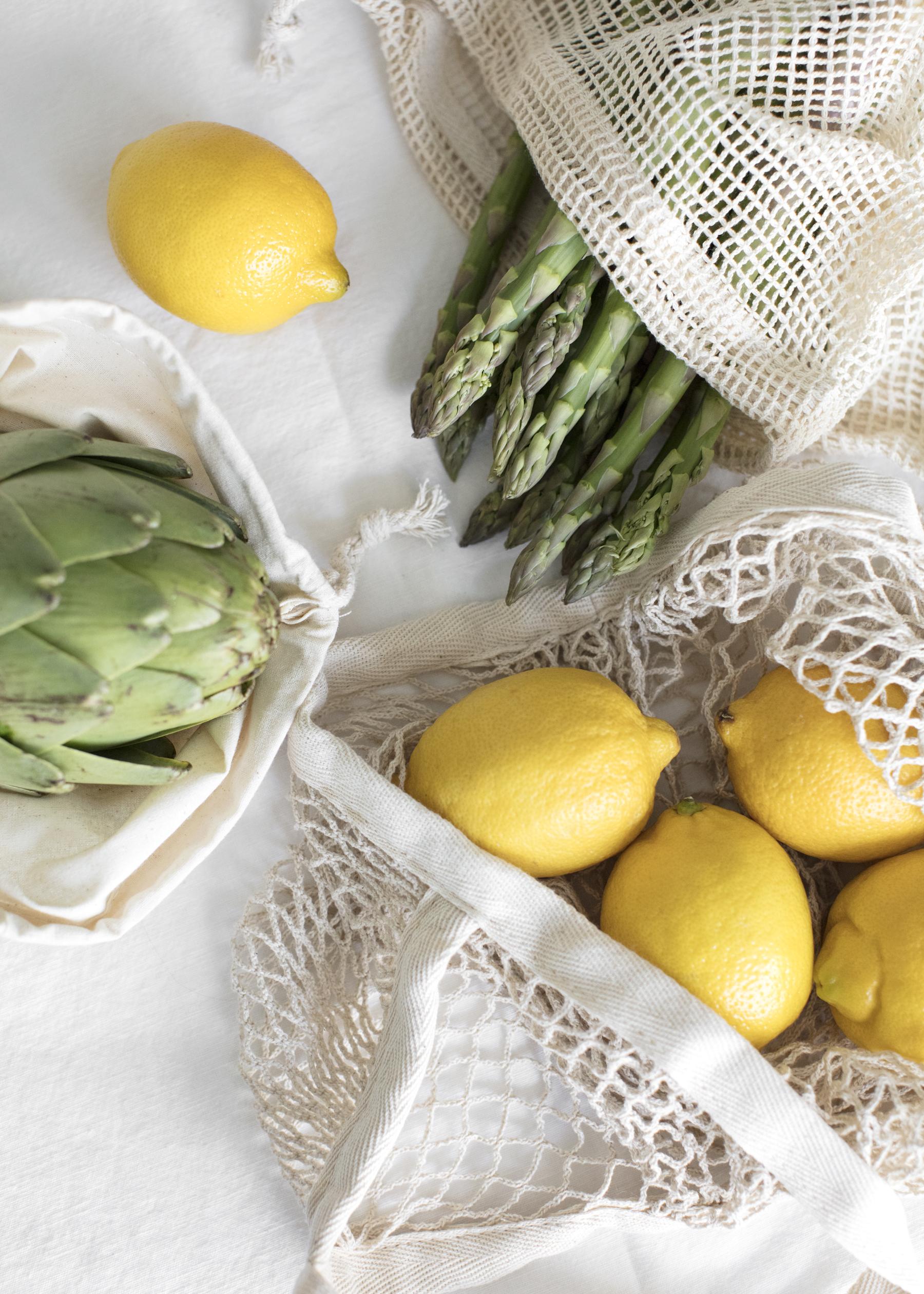Why You Should Have Skin in the Healthy Diet Game
Skin is the body’s largest organ that aids in body temperature regulation, wound healing, excretion, and vitamin D production. While the beauty industry typically focuses on topical products, what we put in our bodies directly affects the appearance and vitality of our skin. Consuming a balanced and varied, nutrient dense diet is important to support healthy skin, as nutrients from food provide it with both the macro and micro nutrients it needs to thrive.
“Nutrient-rich foods that support overall health are generally good for skin health,” says Kathleen Suozzi, MD, a board certified dermatologist at Yale School of Medicine. Bad news for poor diets: diets filled with processed foods including excess added sugars, sodium, and saturated fats can be inflammatory and directly affect skin health.
Nutrients Your Skin Loves
Protein
You can thank proteins for cellular turnover and repairing and generating new tissue, including collagen. Protein is made up of amino acids, building blocks that help to heal and repair damaged tissues. Protein needs are highly individualized, dependent on age, height, weight, physical activity level and overall health status.
Not sure of your needs? Start with the baseline protein recommendation for healthy people of 0.8 grams x your weight in kilograms. From there needs can go up to anywhere from 1.2-2.0 grams x weight in kilograms for those with increased needs like athletes. Sources we love include chicken, fish, seafood, lean cuts of beef and pork, tofu, diary, beans, nuts, and seeds. Work with a RD to determined your specific needs.
Healthy Fats
See ya, dry skin! Mono- and polyunsaturated fatty acids are healthy fats that help promote a healthy skin barrier and help skin to retain its moisture. Omega-3 fatty acids also act as antioxidants, combating free radical damage. Sources we love include salmon, mackerel, sardines, flaxseed, chia seed, walnuts, olive oil, olives, and avocado.
Water
Adequate hydration is essential to skin vitality. Dehydration can cause skin dryness, flakiness, and can lead to signs of premature aging like loss of elasticity and wrinkles. Like protein, hydration needs are highly individualized, but the general recommendation is about 11.5 cups per day for women and 15.5 cups for men. Remember, you can also eat your water by getting it from fruits and vegetables! Food sources we love include tomatoes, lettuce, watermelon, celery, apples, and zucchini.
Antioxidants
Antioxidants help to neutralize free radicals, which can reduce inflammation and directly impact the health of your skin. Sources we love include fruits and vegetables, spices and herbs, and omega-3s (see healthy fats above).
Vitamin E
Vitamin E is a fat-soluble vitamin that acts as an antioxidant, protecting skin from free radicals and external environmental factors like UV rays. Sources we love include almonds, sunflower seeds, peanuts, wheat germ oil, and avocado.
Vitamin C
Vitamin C is a water-soluble vitamin that also acts as a skin protectant through its antioxidant properties. Sources we love include citrus fruits, berries, tomatoes, bell peppers (red), and cruciferous vegetables.
Biotin
A biotin deficiency can lead to skin rashes, hair loss, and brittle nails. You can prevent a deficiency by eating a nutrient dense, varied diet. Save your money on the supplements — more research is needed on the effects of biotin supplementation on skin health. We recommend getting your biotin from food sources instead, such as eggs, salmon, pork, beef, sunflower seeds, and sweet potatoes. “In general, supplementation is not necessary for most people unless recommended by your doctor,” says Dr. Suozzi.
Zinc
Zinc is an essential mineral with anti-inflammatory properties. It helps maintain skin integrity and supports wound healing. Foods rich in zinc include oysters, beef, crab, lobster, crab, baked beans, fortified cereal, dark meat, and chicken.
Don’t Forget Sunscreen!
July is UV Awareness Month, a good opportunity to remember the basics of protecting your skin including wearing protective clothing, seeking shade, and wearing sunscreen. Sunscreen is essential to protecting your skin from the harmful effects of UV rays including pigmentation, premature aging, and skin cancer risk. Aim for 30+ SPF and try a mineral sunscreen if you have sensitive skin.
Love the skin you’re in by practicing safe sun and filling your body with a nutritious diet so that what you put on the inside can show and glow on the outside! A registered dietitian at Culina Health can be your new best kept secret for healthy skin.






